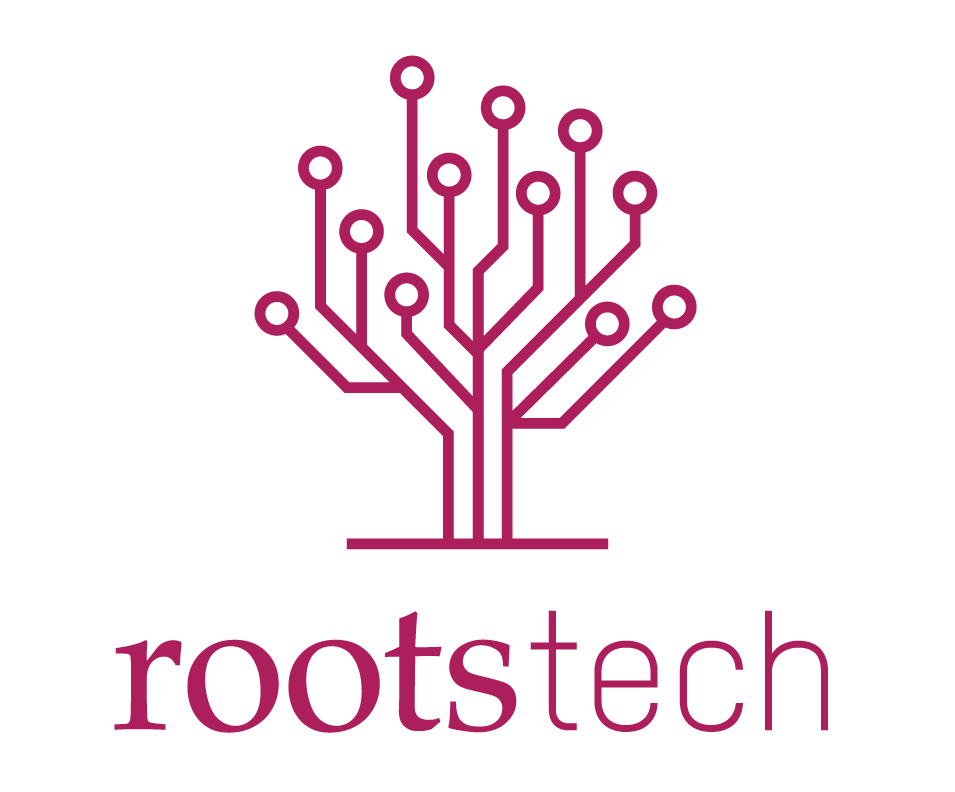While AI (artificial intelligence) might be the current “hot” buzz word, the afct is that many genealogy vendors and even genealogists have already been using this technology for years. The AI industry is at a crossroads and within the next five years, it will permeate almost every aspect of business and society. Lerarn how AI is currently being used to improve the genealogy experience, and whether or not you should seek out other uses of artificial intelligence for your own genealogy research. This is a Zoom-only presentation. – Zoom Link: us02web.zoom.us/j/89679775121 A video recording of this presentation may be seen later in the Members-Only area of the RCGS website. Zoom link also at the URL …
Excel for Genealogy
You may know and use Excel to crunch your budget numbers, but have you thought about using it specifically for genealogy? Even if you’re new to Excel, we will teach you the basics of building a database right, then we’ll cover how to think through your options to make the exact database that meets your specific needs. Then, as we show you ways to use Excel in genealogy, we’ll add tips to take your skills to the next level whether you’re using your own computer or the library’s. Presented by Lori Coffey. This will be a hybrid meeting held in-person in the Local History Room (2nd FLr) and online via Zoom. Registration is only required …
African American Genealogical Interest Group
The group discusses use of variety of sources, including census research, reconstruction and Freedman Bureau records, NARA combined military records of the U.S. Colored Troops, Plantation Slave records, Slave schedules and other. Open to all. For details see dallasgenealogy.org/event/african-american-genealogical-interest-group-49/
Steeped in Secrecy: The Boston Tea Party, 250 Years Later
Learn about the history of the Boston Tea Party and how to trace participants through lineage societies and historical groups. Presented by Claire Evans. Watch on YouTube This program will be available for one week on our YouTube channel. www.fountaindale.org/youtube For details see communico.fountaindale.org/event/9451361
Where Did Your U.S. Ancestors Go to Church? 5 Ways to Find Out
Finding a U.S. ancestor’s church affiliation is the first key step to discovering their stories in related records, but it isn’t usually easy. Learn 5 essential strategies, illustrated by inspiring examples. Viewers will come away with sensible, actionable steps they can apply to their own research. Register at familytreewebinars.com/webinar/where-did-your-u-s-ancestors-go-to-church-5-ways-to-find-out/
Genealogy Basics: Wills & Probate Records
When other records are hard to find, especially before about 1850, wills and probate records may help fill the gaps. In the best circumstances, they include data about family members, age, death date, and more. Family relationships can be established, and details about the person’s economic status, as well as details about who is included and who is left out of bequests can add the human element to family history. Register online at: bit.ly/3KIzuIz Questions? Contact Cathy at CathleenA@ci.salinas.ca.us For details see salinaspubliclibrary.org/learn-explore/research-learning/events/virtual-genealogy-basics-wills-probate-records
5 Tips for Deciphering Handwritten Documents
Reading handwritten documents can be one of the most challenging aspects of genealogical research. This webinar will offer five tips from a genealogical translator to help you make those hard to read words understandable. Register at familytreewebinars.com/webinar/5-tips-for-deciphering-handwritten-documents/
Intro to US Church Records: Why We Care Where Grandma Went to Church, with Sunny Jane Morton
“Intro to U.S. Church Records: Why We Care Where Grandma Went to Church” presented by Sunny Jane Morton. U.S. church records of many denominations can reveal ancestor’s vital events, family relationships, overseas birthplaces, and other residences and religious lives. From the co-author of the acclaimed book How to Find Your Family History in U.S. Church Records, learn what these records may look like, how to identify an ancestral church, locate extant records, and access them. Please register on our Events page if you are interested in receiving a Zoom Invitation to join us for our Virtual Chapter Meeting and Program: For details see www.wcgsohio.org/events
Help! I Don’t Speak the Language: Tips and Tricks for Deciphering Foreign Language Records
Learn the must-know tips and tricks that will make reading those foreign-language genealogical records much easier. From Microsoft Word hacks to invaluable online resources, discover the tools you need to make translating those foreign records much simpler – and much more fun. Registration is required and closes one hour prior to the start of the program. Participants will be emailed a Zoom access code the day of the program. Please include your email in the registration. Please note: You must sign into the room prior to the start of the program. Admittance to the classroom will close five minutes after the program’s start time. All start times are Central Standard Time. Space is limited. For …
Getting Started with Jewish Genealogy: Local History and Genealogy Collections
Join librarians from the Irma and Paul Milstein Division of United States History, Local History, and Genealogy and the Dorot Jewish Division as they walk you through the initial steps of Jewish genealogical research. This session will focus on genealogy basics, resources in the Local History and Genealogy collection, and utilizing online databases. This class requires registration. For details see www.nypl.org/events/programs/2023/12/05/getting-started-jewish-genealogy-local-history-and-genealogy-collections

